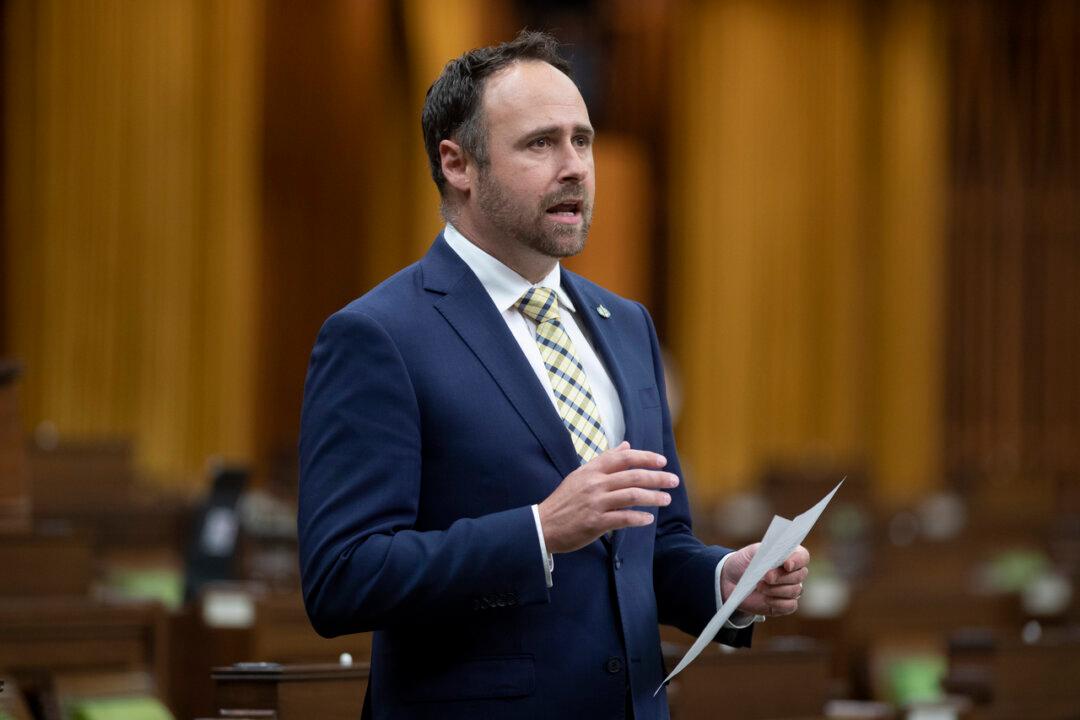Conservative MP Philip Lawrence has introduced a private member’s bill aimed at supporting prisoners of conscience abroad and targeting rights offenders with Magnitsky-style sanctions.
Presented in the House of Commons on June 13, Bill C-281, or the International Human Rights Act, includes provisions in which the foreign affairs minister would publish, at least once a year, a list of prisoners of conscience for whose release the government of Canada is actively working; request the use of Magnitsky-style sanctions against alleged human rights abusers; and prohibit the renewal of broadcasting licences to entities with foreign influences that are complicit in acts of genocide.





